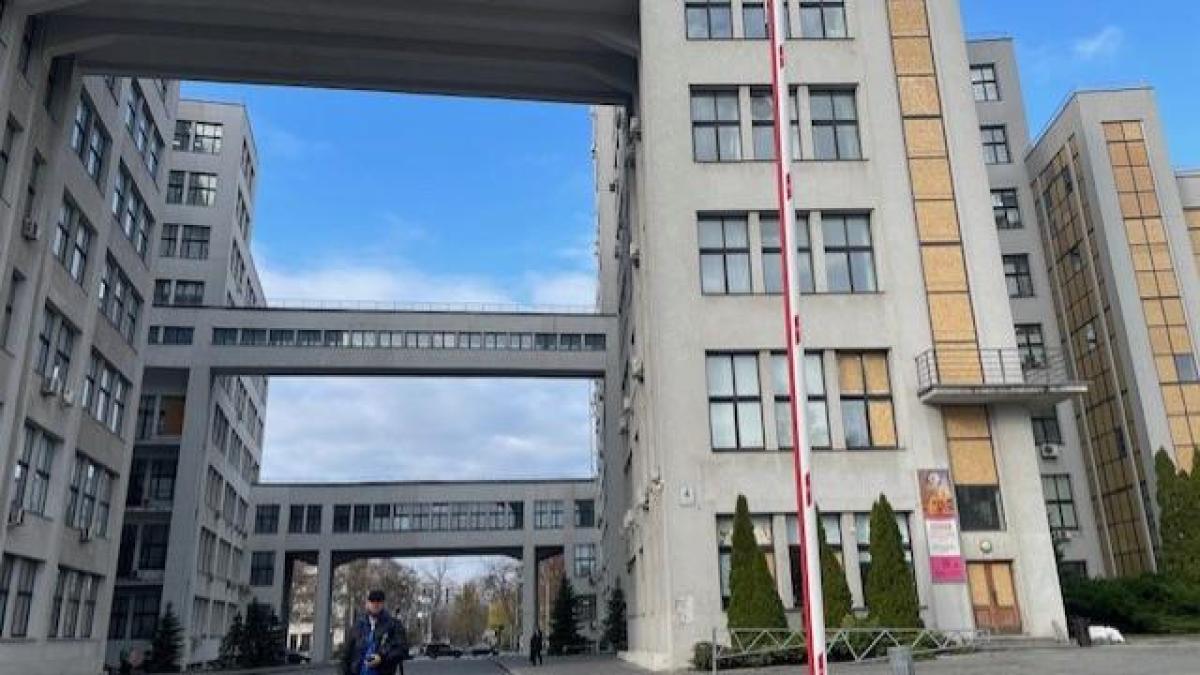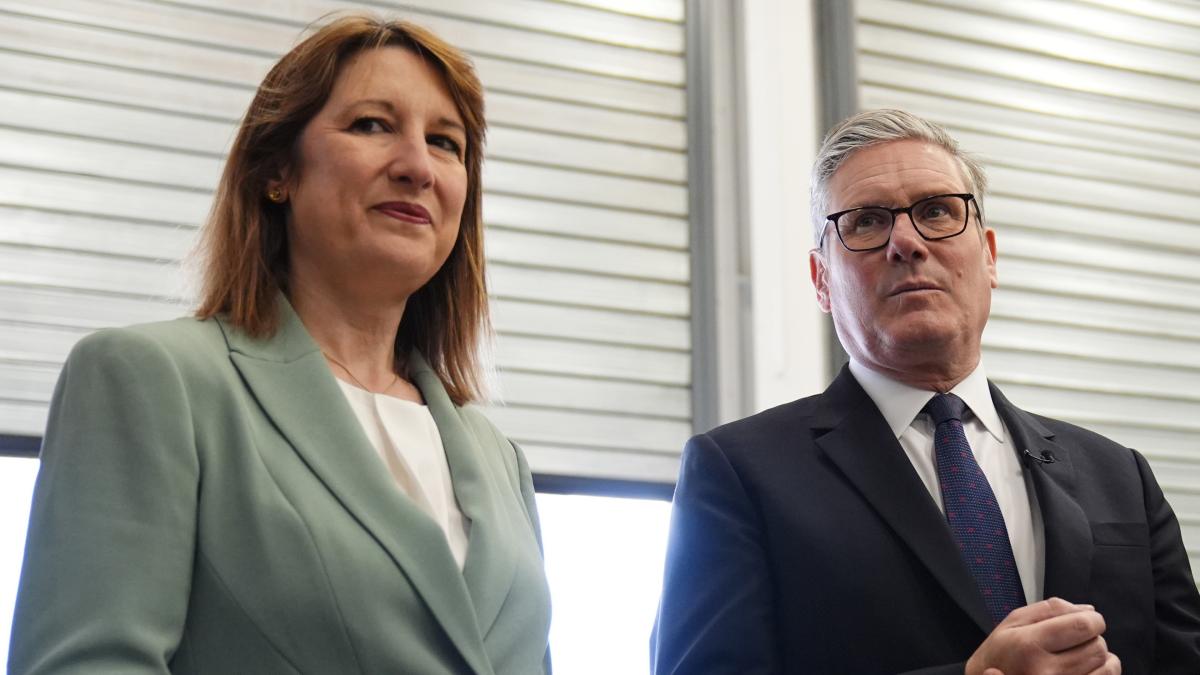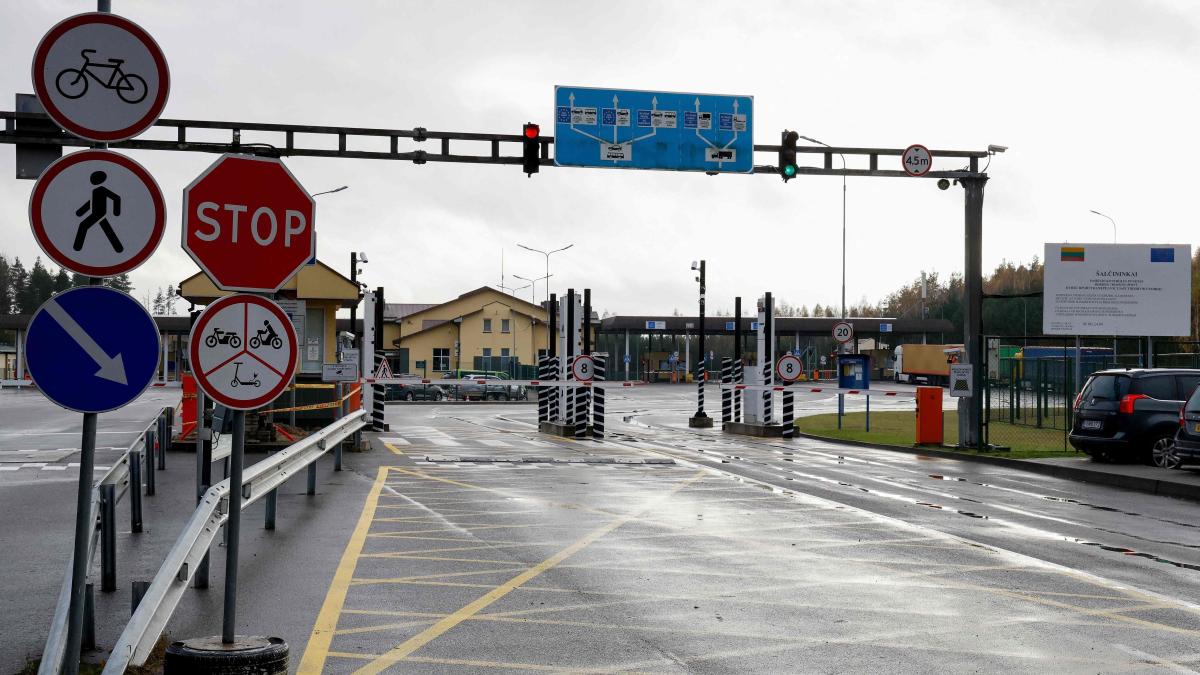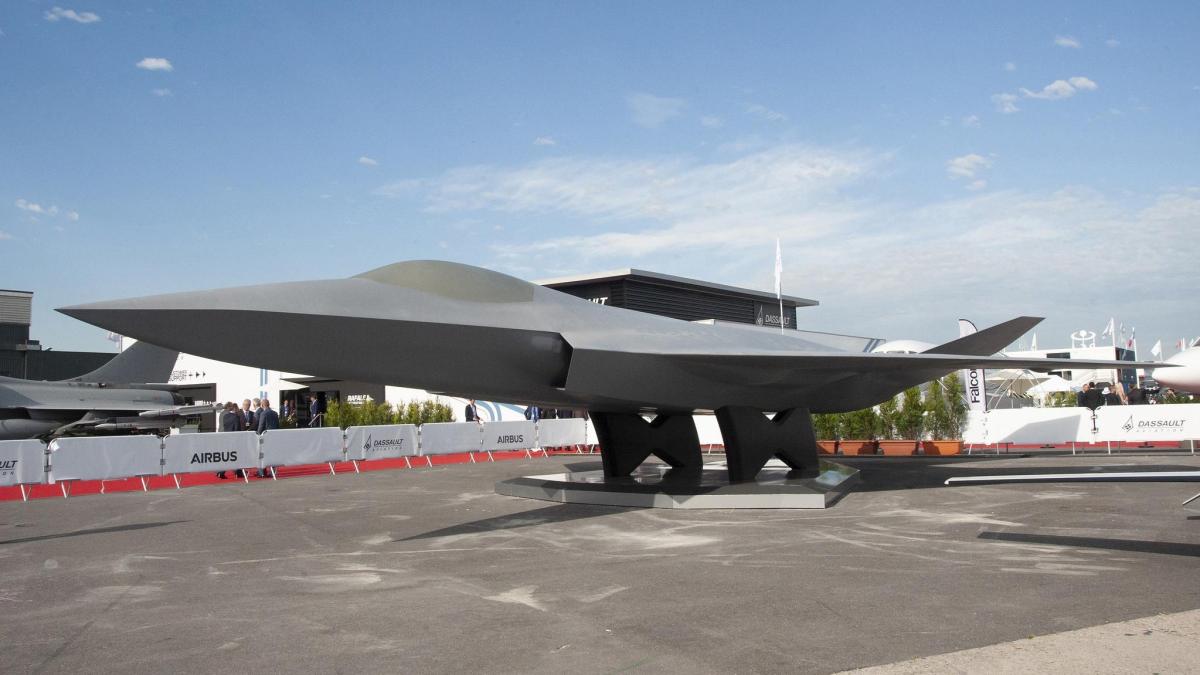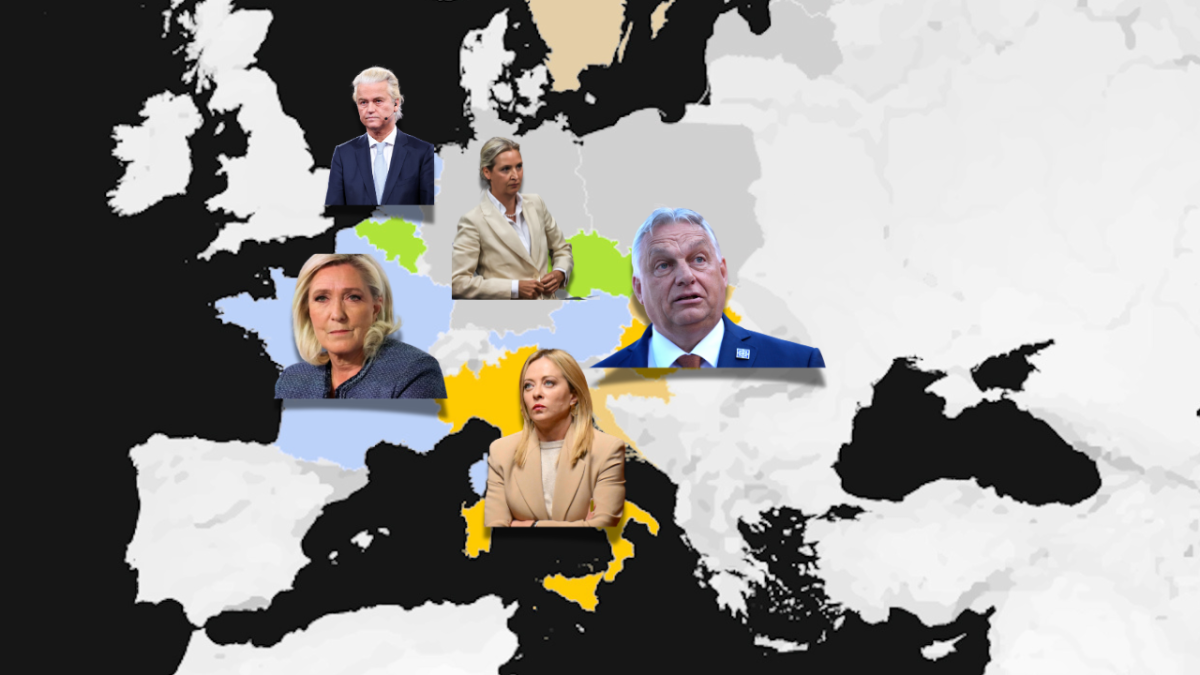Ukraine’s Doubt Over Biden’s Commitment to Deliver ATACMS Missiles
If anyone expected great enthusiasm and thousands of thanks to Joe Biden for his decision to finally send the ATACMS missile system so often demanded to Ukraine, they were wrong. And this, despite the fact that being able to shoot into Russia with long-range Western weapons is one of the main points of what the Ukrainian president calls his victory plan. But Volodymyr Zelensky’s response has been that this is not how things are done.
Yesterday, while the Ukrainian question seemed to be debated in Europe in light of Biden’s decision, and in particular whether the British and French will accept that the Ukrainian army do the same with the missiles that they both co-produce, the Scalp/Storm Shadow (for which They would have to have Washington’s approval because they comprise North American components), Zelensky visited the most compromised front, that of Pokrovsk, in the Donbass, and the second, that of Kupiansk, in the Kharkiv region. Today, one thousand days after the great Russian invasion, he will announce in a speech his civil “resistance plan” for the country. But he has not added anything else to his response to Biden’s turn on Sunday night: “Attacks are not made with words. These decisions are not announced, the missiles themselves will speak,” he said very seriously. It is clear: first you have to send the missiles and not give clues.
The US Denied Kiyv the Missiles It Needed to Stop the Russian Offensive Against Kharkiv in the Spring
Volodymyr Zelensky was especially upset with Chancellor Olaf Scholz’s call to Vladimir Putin (on two occasions he had already told him not to do it), which he described as “appeasement”, an argument that, in case the bombing that the Saturday night left a million homes without electricity, it was reinforced yesterday with 10 dead and 53 injured in a residential building in Odessa.
The “60 minutes of shame”, as the European Pravda referred to Scholz’s call to Putin, has been felt like a shot, even though Germany has long been considered lost here, even though its Defense Minister, Boris Pistorius, has promised 4,000 drones tank destroyer. Someone has decided to call them Mini Taurus alluding to the German Taurus missiles that Scholz refuses to supply and which, at least on paper, have a greater range than the others under discussion, 500 kilometers. At the meeting of foreign ministers yesterday in Brussels, the Estonian Margus Tsahkna criticized Scholz’s “strategic error.” You don’t talk to Putin, that’s the idea.
As for missiles, the issue is tricky, because there are versions with a greater or lesser radius of action. In fact, the Scalp/Storm Shadow, which did great service in the recapture of Kherson, for example, are originally air-to-ground. Together with the North American ATACMS could they be very useful to Ukraine? Definitely. According to what Colonel Roman Svitan told the Unian agency – and other media are also analyzing – with a range of 300 kilometers, the Russian planes may not be within range of their bases, but there would be more than 200 Russian military facilities that could be hit.
However, this is all speculative because, as the colonel points out, the only territory that Joe Biden has given permission for is the Russian province of Kursk, and there are only a couple of major bases there.
Kursk is a paradox in itself: Biden allows his weapons to attack Russian territory occupied by Ukrainian forces. As much as the pretext is the presence of North Korean troops, Russia’s reaction is not strange. And the skepticism of the Ukrainians, which has a powerful explanation.
We must remember Kyiv’s insistence, asking for missiles last spring, when Russia began a new incursion into the Kharkiv region. Ukraine could have stopped it, and yet it had to withdraw from the Vovchansk enclave, carry out evacuations under drone fire… Not to mention the city. What was once the capital of Soviet Ukraine and the mother of the country’s modernity, has been under threat for a thousand days. The alarms ring several times daily and, since they are sent to the entire region, no one pays attention. But on October 28, a gliding bomb hit the rear façade of the Derzhprom building (formerly Gosprom), a jewel of Soviet constructivism from the 1920s, a UNESCO heritage site, in the very center of the city. There is still glass scattered. Financier Howard Buffet later came in to help pay for the repair. But Ukraine’s allies did not think about Kharkiv, so close to Russia and so far from the United States.

